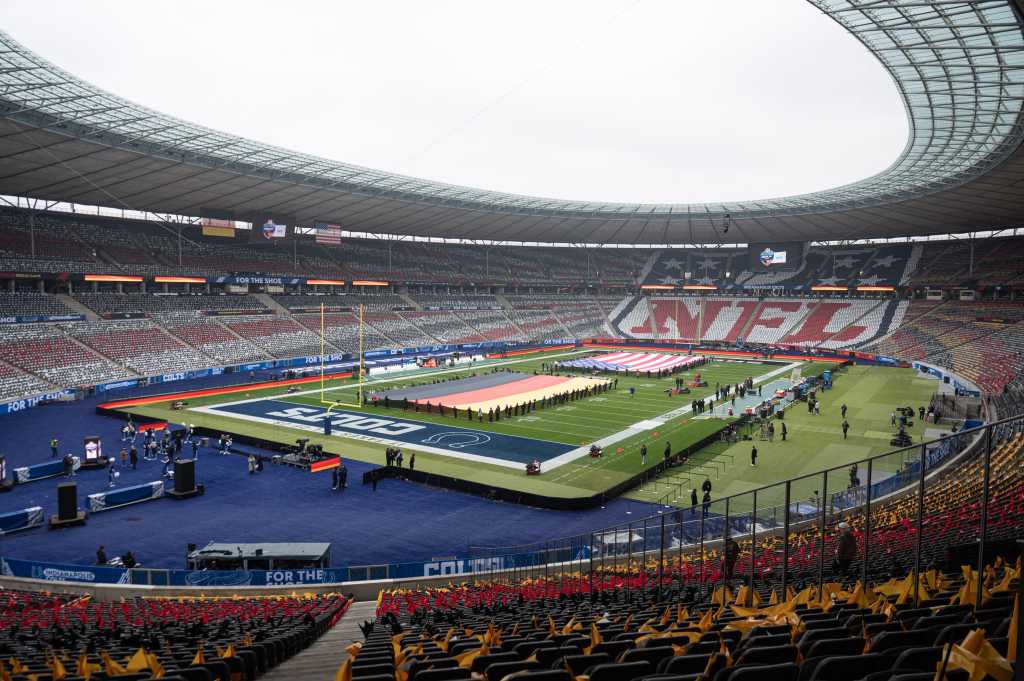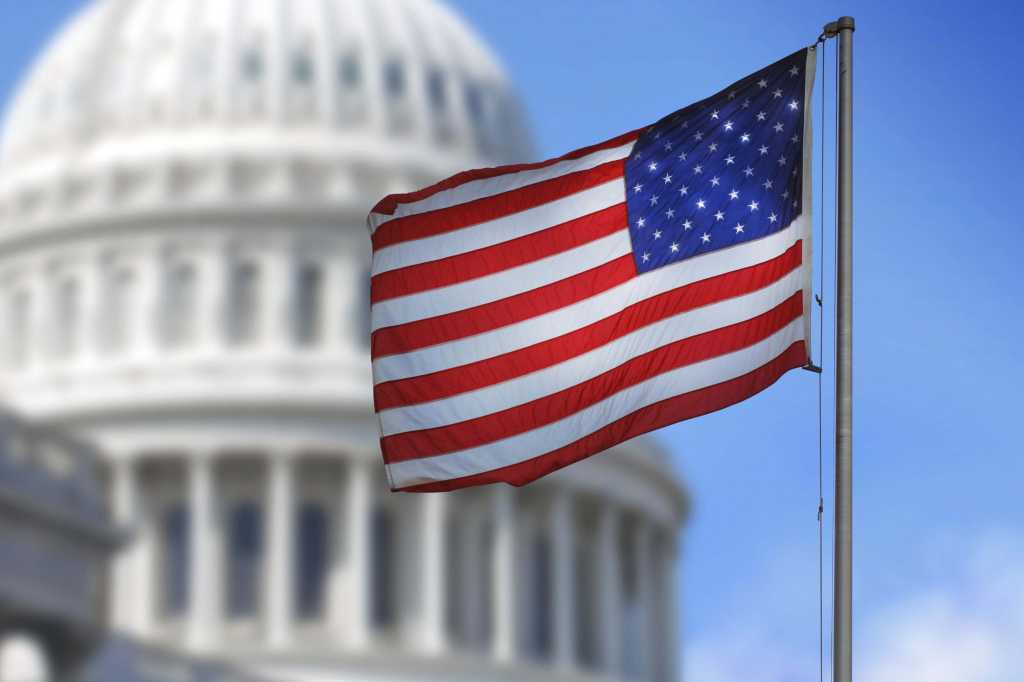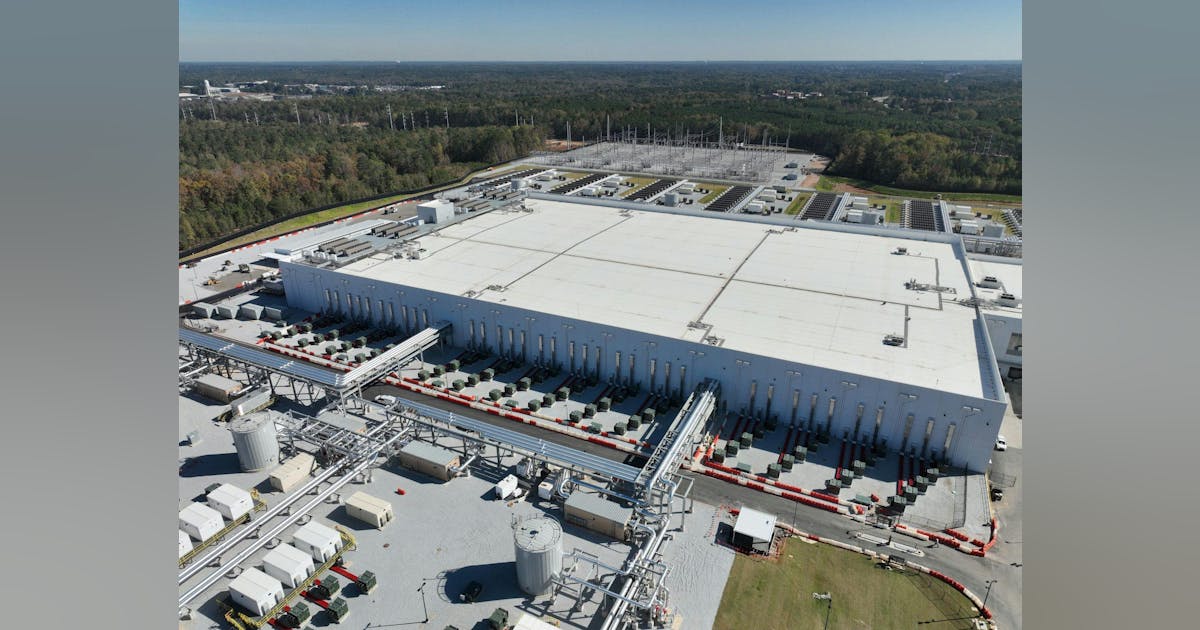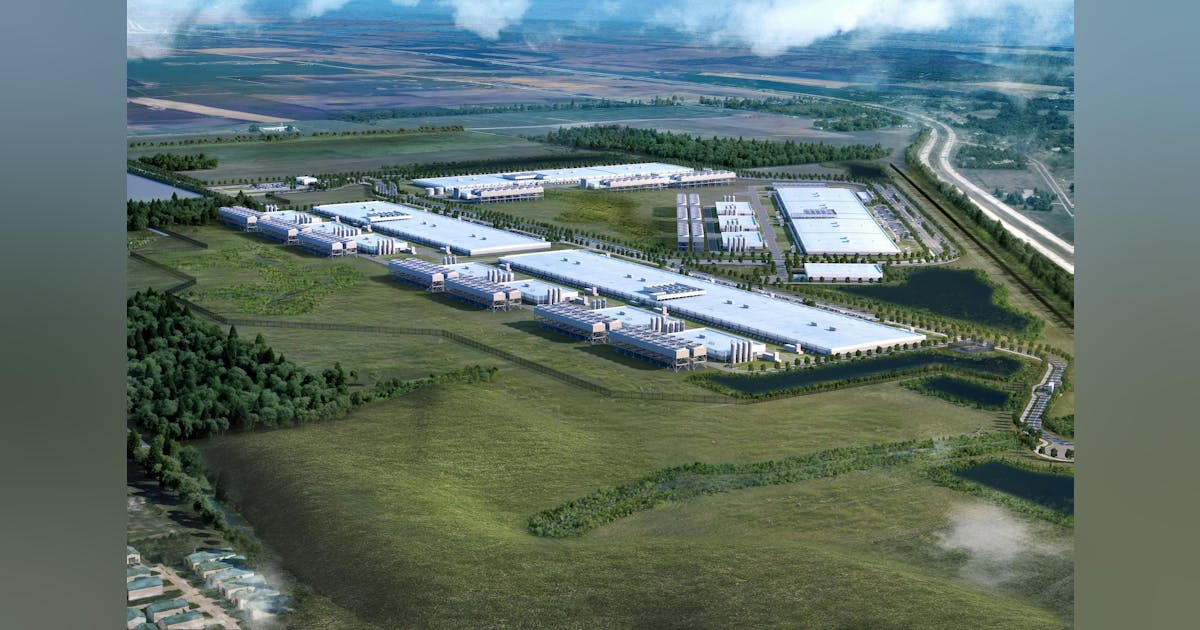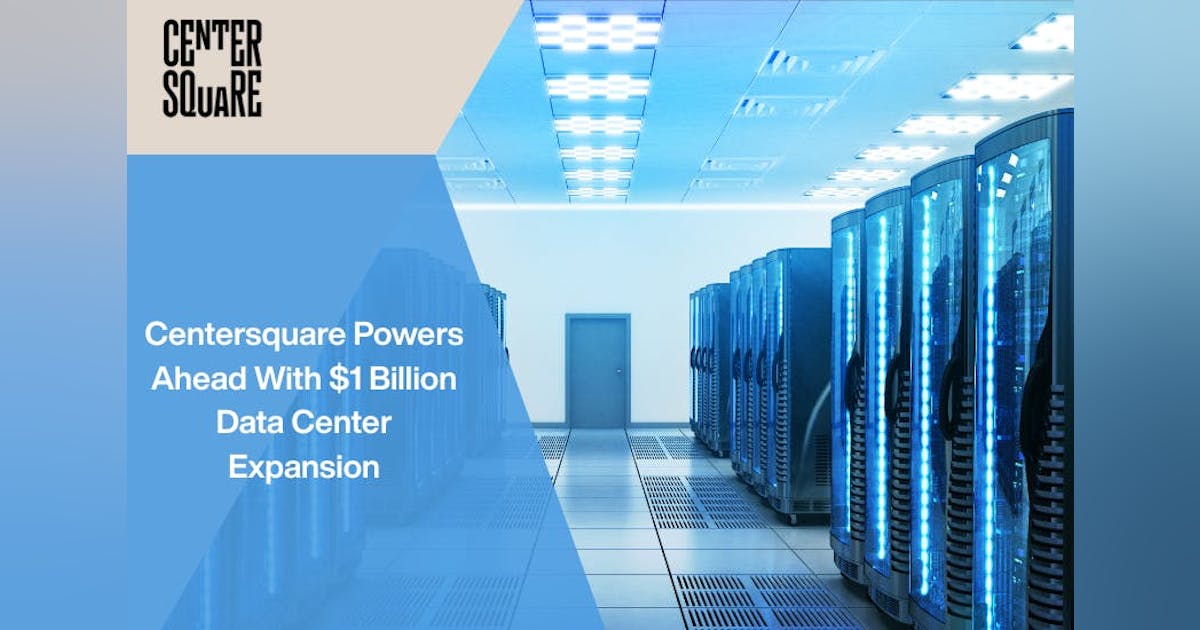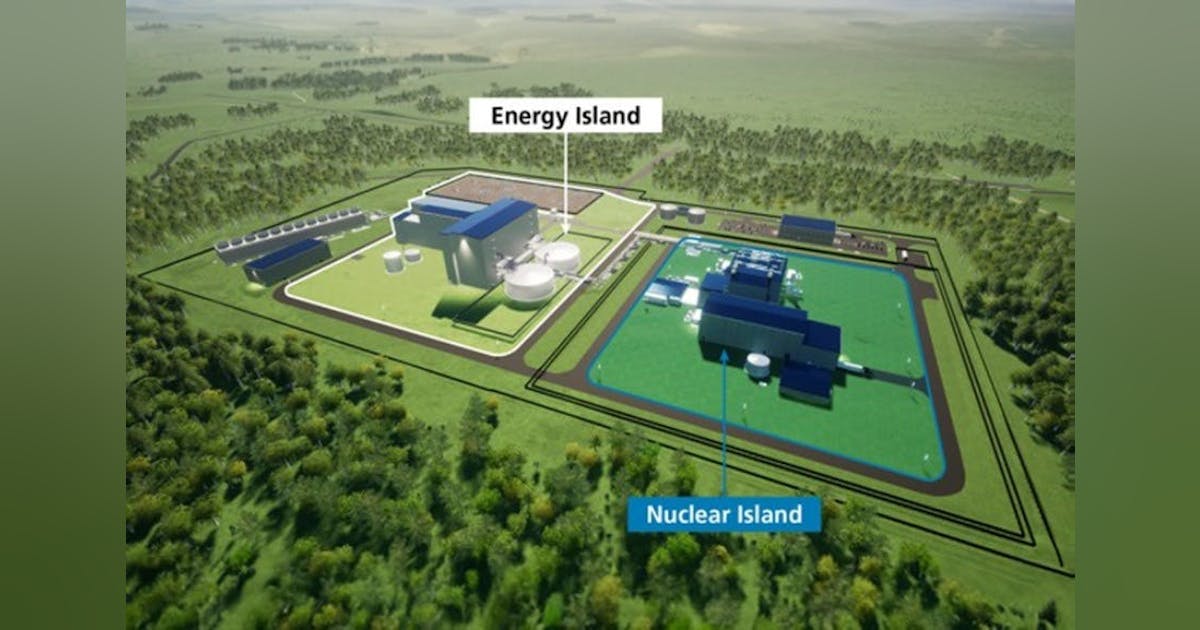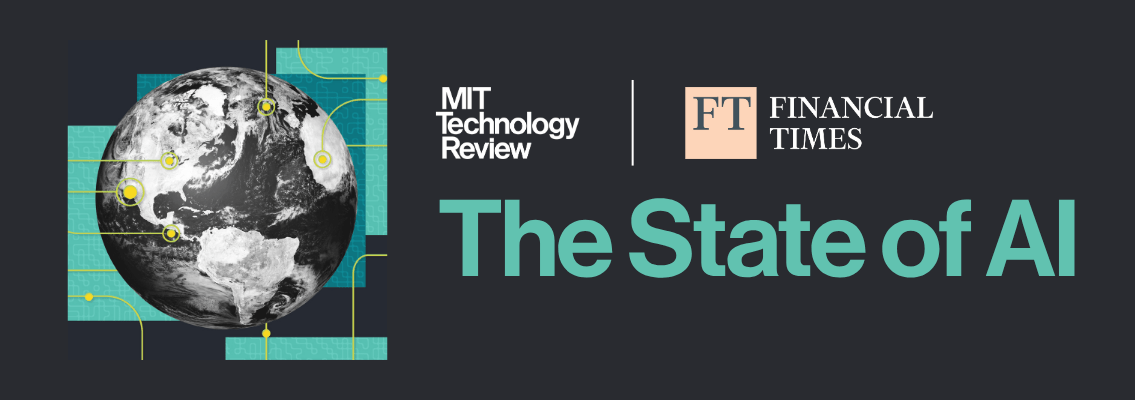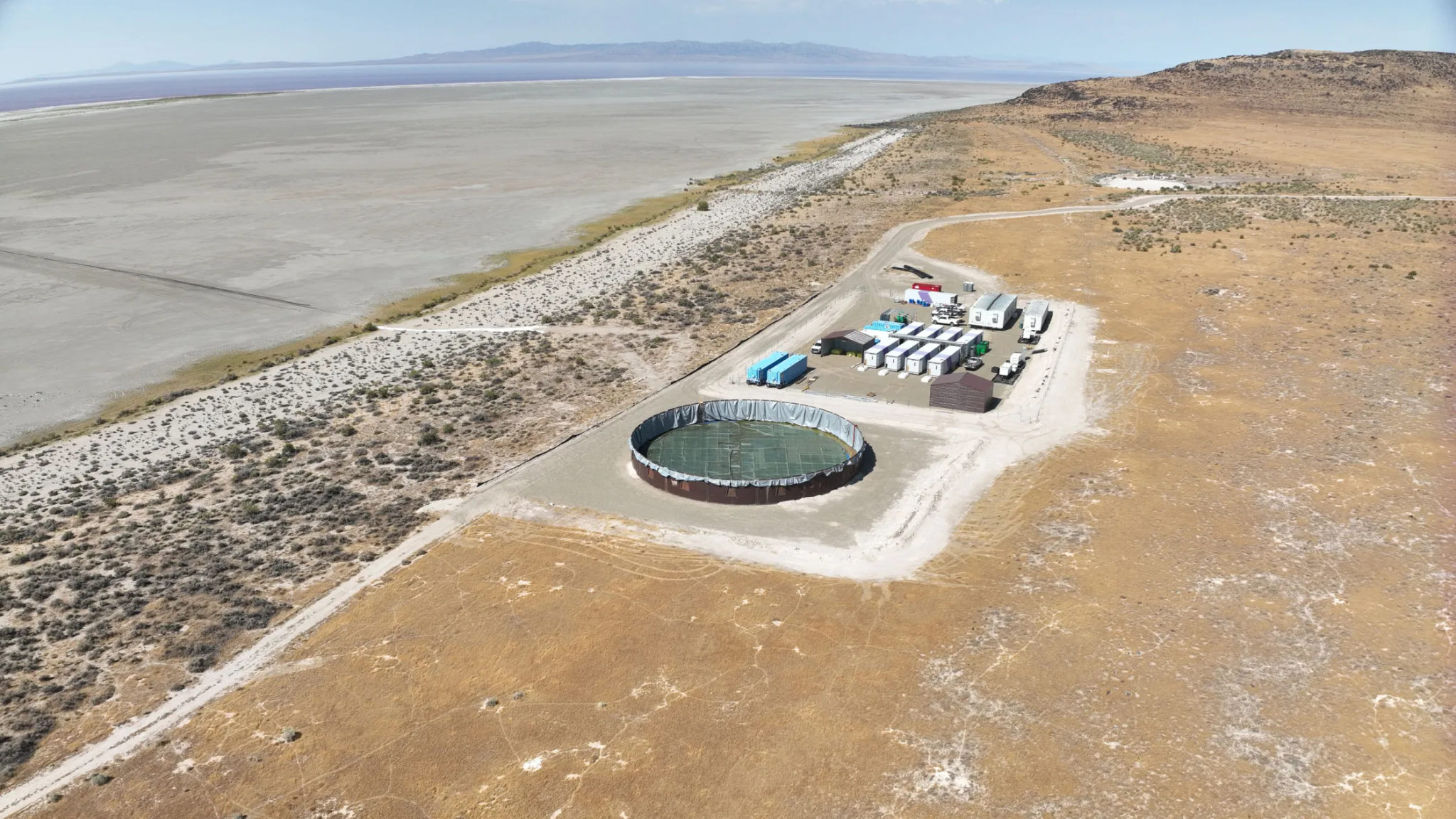
Saudi Aramco announced, in a statement posted on its site recently, 17 Memoranda of Understanding (MoUs) and agreements “with a potential total value of more than $30 billion” with “major” companies in the United States.
The deals were made through Aramco Group Companies, Aramco pointed out in the statement, adding that these MoUs and agreements build on the 34 MoUs and agreements announced with U.S. companies in May, which Aramco highlighted had a “potential total value of approximately $90 billion”.
In the statement, Aramco noted that its latest MoUs and agreements are expected to support its strategic growth objectives while enhancing shareholder value. It said the deals involve collaborations and partnerships covering a range of activities, including Liquefied Natural Gas (LNG), financial services, advanced materials manufacturing, and procurement of materials and services.
Aramco highlighted that its latest deals coincide with the U.S.-Saudi Investment Forum 2025 in Washington, DC.
The company revealed in the statement that its new MoUs and agreements include an LNG MoU with MidOcean Energy “related to potential investment in the Lake Charles Liquefied Natural Gas Project” and an LNG deal with Commonwealth LNG “related to a liquefaction project located in Louisiana, U.S., and Aramco Trading’s potential purchase of LNG and gas”.
Under a subhead of “procurement of materials and services” in the statement, Aramco pointed out several contracts and agreements “reflecting relationships with strategic U.S. suppliers”. Companies listed here included SLB, Baker Hughes, McDermott, Halliburton, NESR, KBR, Flowserve, NOV, Worley, and Fluor.
“Since the 1930s, U.S. firms have played a major role in supporting the company’s success,” Aramco President and CEO Amin H. Nasser said in the statement.
“These relationships have contributed to the first production of oil in Saudi Arabia, the growth of our gas business, an expansion of our integrated downstream operations, the development of advanced digital technologies, AI and R&D, and promoted upskilling through the training and development of many Aramco employees in the United States,” he added.
“We expect the multi billion dollar MoUs and agreements announced today to act as a springboard for further progress, strengthening Aramco’s longstanding legacy of collaboration with American counterparties and unlocking new value creation opportunities that promote innovation and growth,” he continued.
In a statement posted on its site back in May, Aramco announced the signing of 34 MoUs and agreements “with a potential total value of approximately $90 billion”, with “major” U.S. companies, through its Aramco Group Companies.
Aramco noted in that statement that the deals cover collaborations and partnerships relating to a range of Aramco’s activities, including LNG, fuels, chemicals, emission-reduction technologies, Artificial Intelligence (AI) and other digital solutions, manufacturing, asset management, short-term cash investments, and procurement of materials, equipment, and services.
The company highlighted several “downstream” MoUs in that statement. These included an MoU with Honeywell UOP “related to technology licensing for an aromatics project”, an MoU with Motiva “related to an aromatics project in Port Arthur, subject to a final investment decision”, MoUs with Afton Chemical “related to development and supply of chemical fuel additives in pipelines and retail fuel offerings”, and an MoU with ExxonMobil “related to evaluating a significant upgrade to the SAMREF refinery and expanding the facility into a world-class integrated petrochemical complex.”
Aramco also pointed out several “upstream” deals in its May announcement. These included an MoU with Sempra Infrastructure “related to previously announced HOA regarding liquified natural gas (LNG) equity and offtake stake in Port Arthur LNG 2”, and a collaboration agreement with Woodside Energy “to explore global opportunities, including an equity interest and LNG offtake from the Louisiana LNG project”. Aramco also noted in the statement that Woodside and Aramco “are exploring opportunities for a potential collaboration in lower-carbon ammonia”.
Also included in the list of upstream deals highlighted by Aramco was a final agreement with NextDecade “to purchase 1.2 million tons per annum of LNG for a 20-year term from Train 4 of the Rio Grande LNG Facility, subject to certain conditions, including a positive final investment decision of Train 4”.
The 2025 U.S.-Saudi Investment Forum took place on November 19 at the Kennedy Center in Washington. The event’s website states that the 2025 forum “brings together visionaries, leaders, and changemakers shaping the future of global investment”.
“The U.S.-Saudi Investment Forum is more than an event, it’s a bridge between two nations redefining what partnership means. Held in Washington, D.C., this edition celebrate a decade of shared growth, innovation, and trust between Saudi Arabia and the United States,” the event’s site adds.
This year’s event was attended by U.S. President Donald Trump and Saudi Crown Prince Mohammed bin Salman bin Abdulaziz Al Saud (MBS).
A fact sheet posted on the White House website on November 18 announced that Trump and MBS “finalized a series of landmark agreements that deepen the U.S.-Saudi strategic partnership, expand opportunities for high-paying American jobs, strengthen critical supply chains, and reinforce regional stability – all while putting American workers, industry, and security first”.
Earlier this month, Aramco announced its third quarter results. In that announcement, the company reported adjusted net income of $28.0 billion, cash flow from operating activities of $36.1 billion, and free cash flow of $23.6 billion for the third quarter of 2025.
This announcement highlighted that, in the corresponding quarter of last year, Aramco’s adjusted net income stood at $27.7 billion, its cash flow from operating activities stood at $35.2 billion, and its free cash flow was $22.0 billion.
“Aramco’s ability to adapt to new market realities has once again been demonstrated by our strong third quarter performance,” Nasser said in that announcement.
“We increased production with minimal incremental cost, and reliably supplied the oil, gas and associated products our customers depend on, driving strong financial performance and quarterly earnings growth,” he added.
To contact the author, email [email protected]

